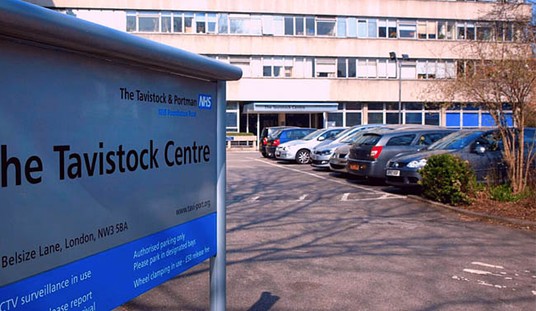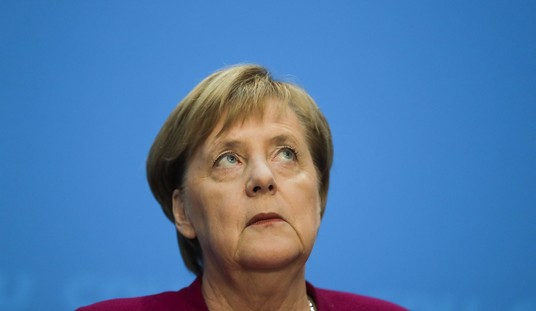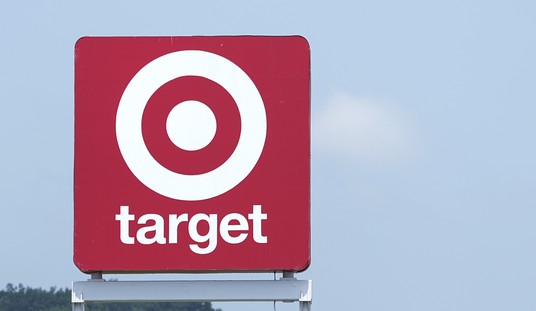Dan Mitchell continues his invaluable series of videos explaining the policies of fiscal conservativism and the virtues of free-market economics from the Center for Freedom and Prosperity Foundation. In this installment, Mitchell explains a couple of key points on both free markets and the nature of government spending, which comes at the end. Before that, though, Mitchell makes the point again that the nature of the private sector lends itself to innovation and efficiency, while the nature of government doesn’t:
One might expect this to be obvious, but unfortunately many people seem to have forgotten why private-sector competition works. Businesses forced to compete against each other for business will innovate, creating new goods and services, while keeping prices low. Both impulses favor the consumer. If anyone needed a large-scale real-world example of this, the breakup of AT&T is a terrific example. It was unpopular at the time, as people relied on Ma Bell for good, solid, telephone service … that had remained basically unchanged for several decades. In the 26 years since AT&T lost its monopoly, the telecommunications sector has exploded, with ubiquitous cell phones, free long distance, local-service competition, bundling, and a panoply of choices that were unthinkable 30 years ago.
If we take competition out of the health-care market, we can expect something much worse than the old Ma Bell monopoly from ObamaCare. The problems we currently have in the market do not come from too much competition, but from government mandates and hindrances to competition.
The second point Mitchell makes is related but more broad than just the health-care issue. There are three broad categories of government spending: capital, transfer, and consumption. Only the first generates lasting benefits to society, with projects like sewage systems, schools, and so on. The others are redistributionist or outright corrupt. Guess which kind of spending has increased, and which has decreased?








Join the conversation as a VIP Member